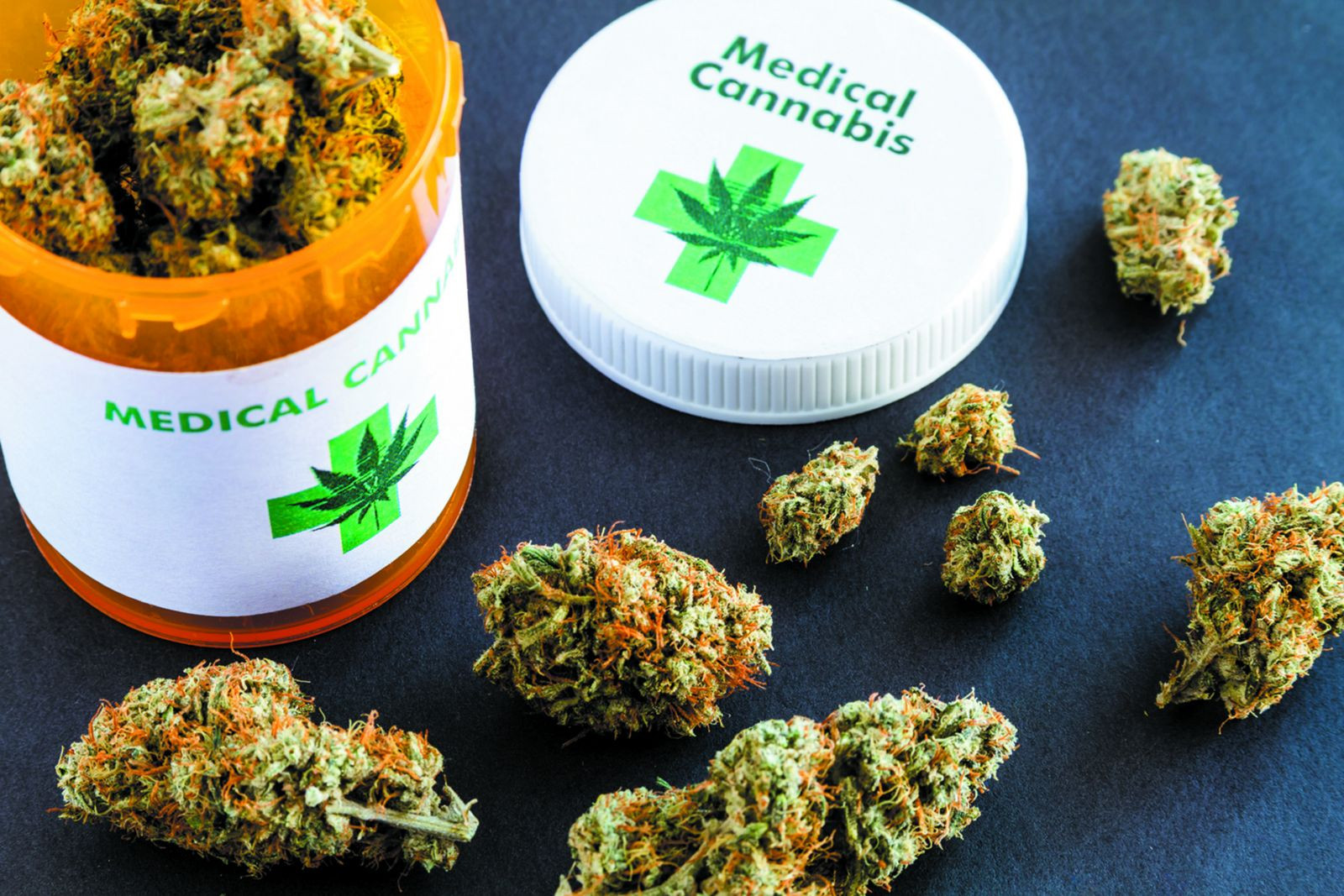Exploring the Diverse Use Medical Marijuana in Modern Medication
In the world of contemporary medicine, the exploration of medical marijuana has unveiled a spectrum of possible applications that extend much beyond its standard use. From pain management to neurological conditions, the flexibility of cannabis in addressing various wellness conditions has piqued the rate of interest of health care professionals and researchers alike. As we browse with the elaborate landscape of clinical cannabis in contemporary medical care, it becomes noticeable that its diverse usages hold pledge for innovative healing treatments.
Pain Administration
Discomfort administration utilizing clinical marijuana has gathered raising interest in the area of health care as a result of its potential efficacy in giving alleviation for various kinds of chronic and acute pain problems. The cannabinoids existing in clinical cannabis, specifically tetrahydrocannabinol (THC) and cannabidiol (CBD), are understood for their analgesic residential or commercial properties. These compounds connect with the endocannabinoid system in the body, which plays a crucial function in managing discomfort experience.

As more research is performed and regulations progress, clinical cannabis could potentially play a more considerable role in the multimodal approach to pain administration in health care.
Epilepsy Therapy
Discovering the efficiency of medical marijuana in managing epilepsy has actually revealed appealing results in enhancing seizure control and quality of life for individuals with treatment-resistant kinds of the problem. Epilepsy is a neurological problem identified by persistent seizures, impacting individuals of any ages. Typical therapies, such as antiepileptic medications and surgical treatment, may not always offer sufficient relief for individuals with drug-resistant epilepsy. In recent years, research study into using clinical cannabis, especially compounds like cannabidiol (CBD), has acquired interest for its prospective healing benefits in epilepsy administration.
The existing data suggests that medical cannabis could be a valuable addition to the therapy choices offered for people with refractory epilepsy (Medical Cannabis Clinic). As more research unfolds, the role of medical marijuana in epilepsy therapy proceeds to be an area of energetic exploration in the medical area.

Anxiousness Relief
Research studies have demonstrated the capacity of clinical marijuana in giving relief for people experiencing stress and anxiety conditions. Anxiety is a typical mental wellness condition that influences millions of people worldwide. Typical treatments for anxiety, such as treatment and drug, may not always be efficient for every person. This has led researchers to explore different options, consisting of clinical cannabis.
Cannabis consists of substances called cannabinoids, which engage with the body's endocannabinoid system. This system plays a crucial duty in regulating various physiological processes, consisting of mood and anxiety responses. By targeting the endocannabinoid system, medical marijuana might aid alleviate signs of anxiety.
Studies have shown that certain cannabinoids, such as cannabidiol (CBD), have anxiolytic buildings, indicating they can decrease anxiousness degrees. CBD is non-psychoactive, unlike tetrahydrocannabinol (THC), another cannabinoid located in cannabis. This makes CBD an appealing choice for individuals looking for stress and anxiety relief without experiencing the psychoactive results typically connected published here with marijuana usage.
Cancer Cells Sign Control
Offered the appealing impacts of clinical marijuana on stress and anxiety relief, its potential application in helping take care of signs related to cancer cells is a location of raising passion amongst scientists and health care experts. Cancer cells individuals frequently experience various upsetting symptoms such as pain, queasiness, anorexia nervosa, and insomnia due to the disease itself or the negative effects of therapy. Medical marijuana, with its compounds like THC and CBD, has shown pledge in minimizing these symptoms.
Pain management is among one of the most extensively acknowledged advantages of clinical cannabis in cancer care. Studies have shown that cannabis can help in reducing discomfort levels, enhancing the top quality of life for clients going through cancer cells treatment. In addition, marijuana has antiemetic residential or commercial properties that can help in lowering nausea or vomiting and vomiting, common negative effects of radiation treatment. Its capacity to promote hunger might be beneficial for individuals experiencing weight loss due to cancer cells or its therapies.
Neurological Conditions Assistance

In epilepsy, for instance, CBD has actually been examined for its potential to reduce the regularity and intensity of seizures in individuals that do not respond well to conventional anti-seizure medicines. Similarly, THC has actually revealed pledge in alleviating muscle mass spasticity and discomfort in people with multiple sclerosis. Individuals with Parkinson's disease have actually reported enhancements in electric motor signs such as shakes and strength after making use of medical cannabis.
While more study is required to completely recognize the mechanisms and long-lasting effects of medical marijuana on neurological disorders, present evidence suggests that maybe a valuable enhancement to conventional treatment alternatives for people looking for sign alleviation. (Medical Marijuana Doctor Near me)
Final Thought
Finally, clinical cannabis has actually demonstrated its performance in various clinical applications, including pain administration, epilepsy therapy, anxiousness alleviation, cancer signs and symptom control, and support for neurological conditions. The varied uses of medical marijuana in modern-day medication highlight its prospective as a useful device for medical care experts in enhancing client results and top quality of life. Additional research study and expedition of its healing benefits are required to fully understand and harness its medical residential properties.
Discomfort administration using medical marijuana has gathered increasing attention in the field of health care due to its potential effectiveness in providing alleviation for different types of persistent and severe pain conditions.Researches have actually revealed appealing outcomes pertaining to the usage of clinical cannabis in relieving neuropathic pain, joint inflammation, migraines, and various other forms of pain that are commonly challenging to treat with standard medicines. Clients that have not reacted well to standard pain monitoring techniques might locate relief with medical cannabis. As further research study unfolds, the role of medical marijuana in epilepsy therapy continues to be a location of energetic exploration in the clinical area.
In conclusion, medical cannabis has actually have a peek at this site shown its efficiency in different medical applications, consisting of pain monitoring, epilepsy therapy, stress and anxiety relief, cancer cells symptom control, and assistance for neurological problems. (Medical Cannabis Card)